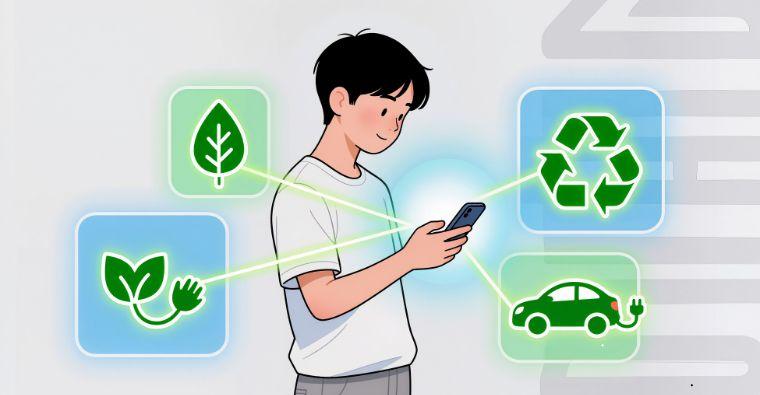5G Connectivity
Why It Matters: 5G technology promises to deliver faster data speeds, lower latency, and more reliable connections, enabling a host of new applications and services.
Key Benefits:
Enhanced Mobile Broadband: Significantly faster download and upload speeds compared to 4G, enabling seamless streaming of high-definition content and faster file transfers.
IoT Expansion: Improved connectivity and reduced latency support the growth of the Internet of Things (IoT), allowing more devices to be interconnected and communicate efficiently.
Smart Cities: 5G technology underpins the development of smart cities, with applications ranging from traffic management to remote healthcare and beyond.
Augmented Reality (AR) and Virtual Reality (VR)
Why It Matters: AR and VR technologies are transforming mobile experiences, providing immersive environments for entertainment, education, and practical applications.
Key Developments:
AR in Mobile Apps: AR is being integrated into mobile apps for gaming, shopping, education, and navigation. For example, apps like Pokémon GO and IKEA Place use AR to enhance user engagement.
VR Experiences: Mobile VR headsets and applications are making virtual reality accessible, enabling users to explore virtual worlds, participate in immersive games, and attend virtual events.
Mixed Reality: The convergence of AR and VR, known as mixed reality (MR), combines physical and digital worlds, offering interactive and context-aware experiences.
Artificial Intelligence (AI) and Machine Learning (ML)
Why It Matters: AI and ML are driving intelligent mobile applications that learn from user interactions, enhancing functionality and personalizing experiences.
Key Innovations:
AI Assistants: Virtual assistants like Siri, Google Assistant, and Alexa are becoming more sophisticated, offering voice-activated control, predictive recommendations, and smart home integration.
Personalization: AI-driven personalization tailors content, advertisements, and app interfaces based on user behavior and preferences.
Security: AI and ML enhance mobile security by detecting and responding to threats in real-time, identifying patterns of suspicious activity, and preventing unauthorized access.
Foldable and Flexible Displays
Why It Matters: Foldable and flexible display technology is revolutionizing mobile device design, offering new form factors and user experiences.
Key Features:
Foldable Smartphones: Devices like the Samsung Galaxy Fold and Huawei Mate X offer larger screens that can be folded into a more compact form, blending the portability of smartphones with the screen real estate of tablets.
Rollable Displays: Emerging rollable display technology allows screens to expand and retract, providing versatility in device size and functionality.
Durability: Advances in flexible display materials are improving the durability and longevity of these innovative screens.
Biometric Authentication
Why It Matters: Biometric authentication enhances security and convenience, providing a more secure way to unlock devices and authenticate transactions.
Key Methods:
Fingerprint Scanners: In-display fingerprint sensors offer seamless integration into the screen, eliminating the need for dedicated sensor areas.
Facial Recognition: Technologies like Apple's Face ID provide secure and convenient facial recognition, enabling users to unlock their devices and authorize payments with a glance.
Voice Recognition: Voice biometrics offer an additional layer of security, allowing users to unlock devices and access accounts using voice patterns.
Edge Computing
Why It Matters: Edge computing brings data processing closer to the source of data generation, reducing latency and improving real-time decision-making.
Key Applications:
Faster Data Processing: By processing data locally on the device or nearby edge servers, edge computing reduces the need to transmit data to centralized data centers, resulting in faster response times.
Enhanced Privacy: Local data processing enhances privacy and security by minimizing the amount of data transmitted over networks.
IoT Integration: Edge computing supports IoT applications that require real-time data processing, such as autonomous vehicles, smart homes, and industrial automation.
Quantum Computing
Why It Matters: While still in its early stages, quantum computing holds the potential to revolutionize mobile technology by solving complex problems that are currently beyond the reach of classical computers.
Future Implications:
Enhanced Cryptography: Quantum computing could lead to breakthroughs in cryptography, providing stronger security protocols for mobile communications.
Advanced AI: Quantum algorithms could significantly improve the capabilities of AI and ML, enabling more sophisticated mobile applications.
Optimization: Quantum computing could optimize network management, resource allocation, and other complex tasks, enhancing the efficiency of mobile networks and devices.




